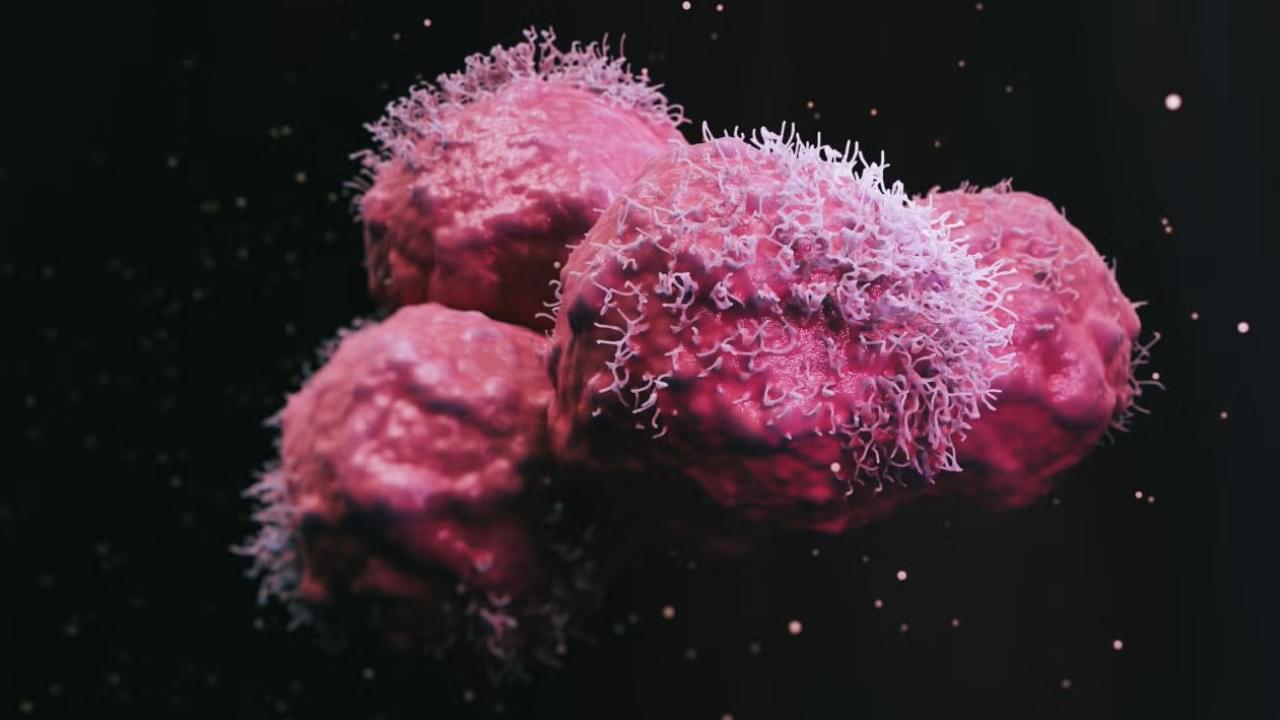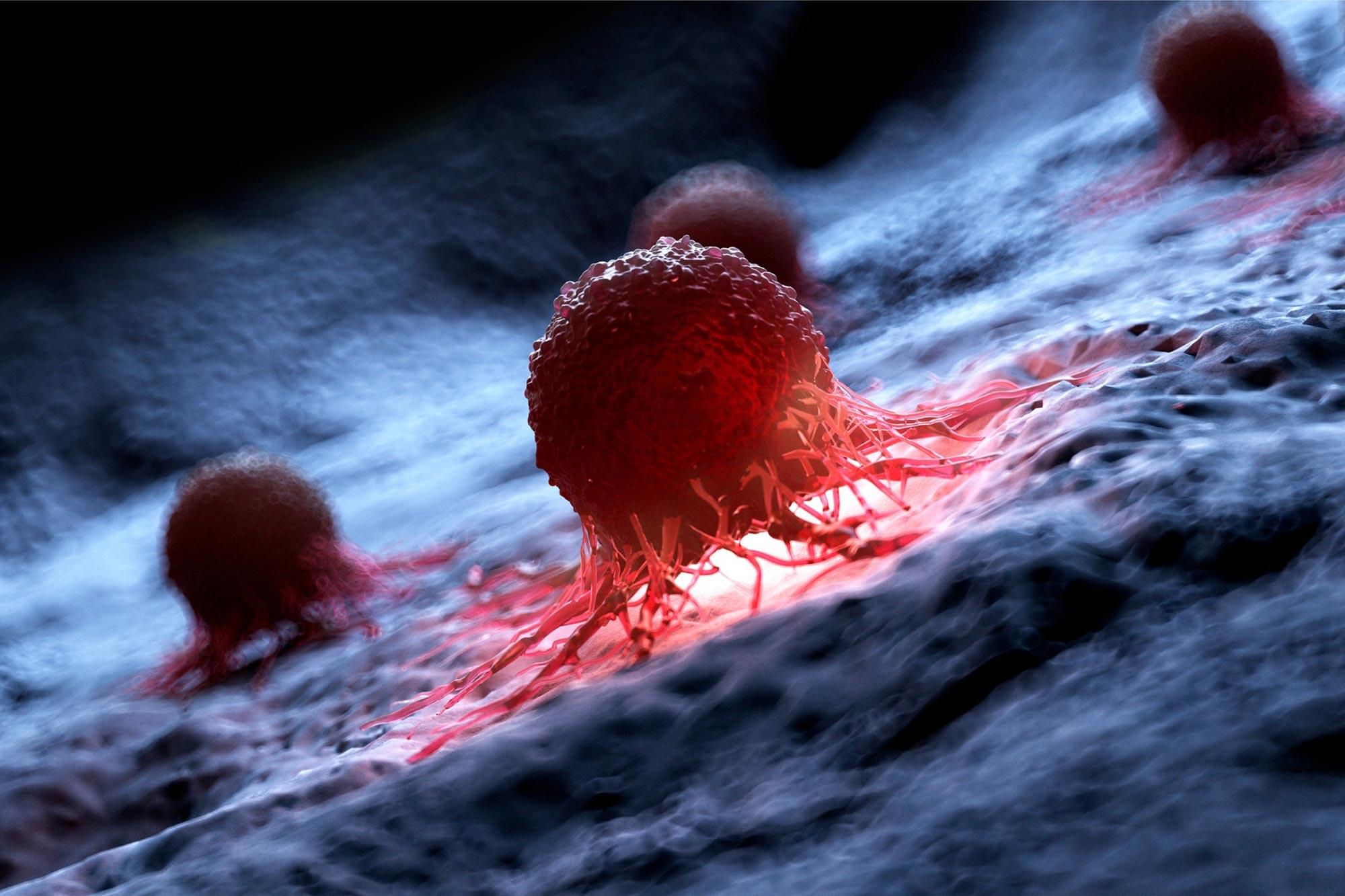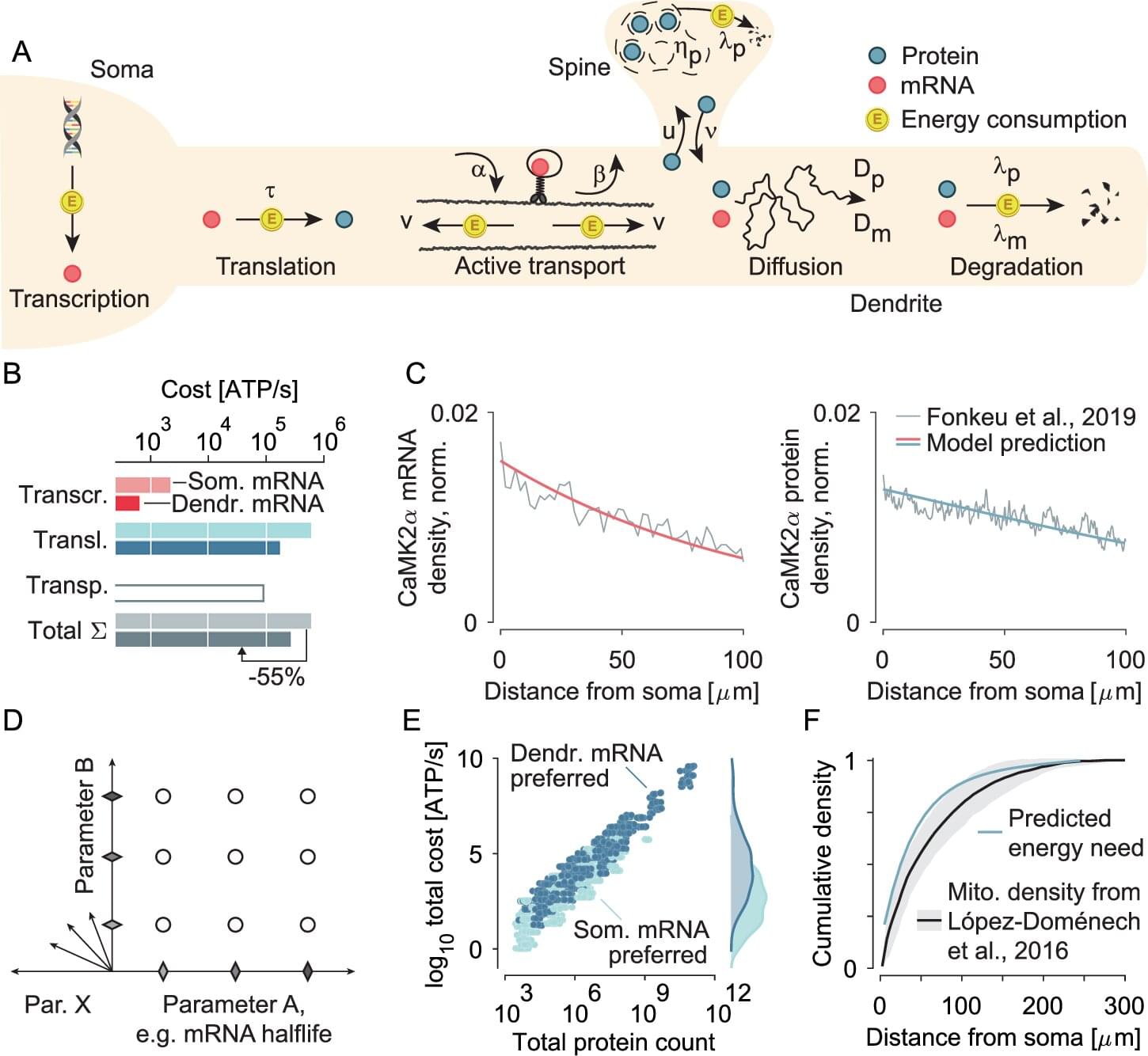A new study shows how an anticancer drug triggers an “outside in” signal that gets it sucked into a cancer cell. The work, published Jan. 29 in Nature Communications, reveals a new signaling mechanism that could be exploited for delivering other drugs.
Many malignant cancers overexpress a protein called P-cadherin, which is embedded in the cell membrane. Because cancer cells have a lot of P-cadherin sticking out of their surface, the protein has been targeted for drug development.
Monoclonal antibodies against P-cadherin can carry a drug payload to the cancer cells. It has not been clear, though, exactly how the antibodies attach to P-cadherin or how they get inside the cancer cell once attached.






